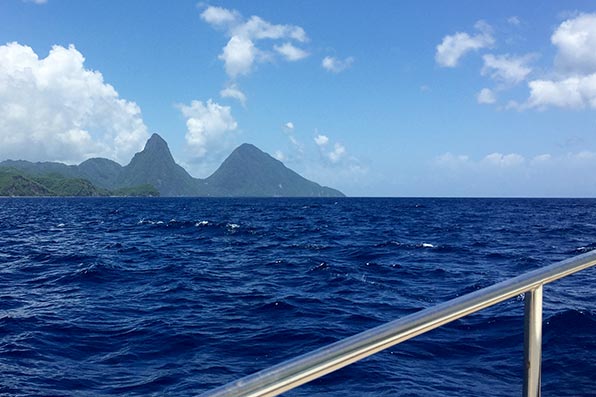When you know what hits the fan, will your boat still work?

Every once in a while I’ll read how someone on the internet has acquired a sailboat with the idea that, instead of a recreational cruiser or racer, it could be used as a bug-out vehicle in case SHTF (you know what hits the fan). I’m a bit of a fan of the post-apocalyptic genre of novels and movies, and the book that I just started reading, One Second After, got me thinking about this.
The novel, which I’m only just a couple of chapters into, seems to focus on the aftermath of an EMP strike, an electromagnetic pulse that, similar to a lightning strike, kills all electronics. Sailors are well aware of how a lightning strike can destroy virtually all electronics onboard the vessel. In the book, even all the cars stopped working due to their computer circuitry. So, what I was pondering is, just how much of our boat would remain functioning if such an event was to occur? Perhaps the preppers should consider that when boat shopping and/or outfitting their vessel? Then again, maybe some of them already have?
Coincidentally, in a similar novel that I read, Dies The Fire, people started relying upon bikes and horses for their travel. Maybe Rebecca and I aren’t so crazy after all? 😉
Making the case for electronics:
In unrelated news, but one that makes the case for certain electronics, I just read the story of a sailor who saved the life of her husband by using an AED as they were sailing off the coast of Brazil. Scary story! I wrote about AEDs on boats some time ago. Imagining some of those mountains that we’re going to have to climb, perhaps I should figure out a way to carry one on my bike!



World Made By Hand is the same sort of thing.Takes place here on the Hudson that’s why I really liked it but it wasn’t a bad read. I always thought a big sailboat is the perfect zombie apocalypse escape vehicle. Sorry.
Not saying that it’s not, but best consider your options before investing in that fancy Spectra computer-controller watermaker.
Get a pre-electronics engine; with marine stuff, that means ~ 1970. If it is the same book I read, the old cars worked. Or just sail and kedge, which work.
The electronics will fry. Fortunately, you don’t need most of them. The inverter will blow. Batteries should still work. Solar should survive, just not the controller, so rig manual switches. The water maker is probably toast, so rig for rainwater collection and add tanks. Even if you could get the power running (you probably can), you will run out of filters.
The real problems are food and bad people. Fishing is unreliable, but if you are willing to eat ALL sorts of seafood (periwinkles, clams, oysters, minnows, krill, unpopular fish) many possibilities open up. Staples and veggies are a problem; I guess you scarf huge stashes when you can. And unless you stay mid-ocean (which is a food and social desert), bad people are the same everywhere. I think you are better off finding nice people to live with. The only advantage of being on a boat is access to seafood, but access to forest foods is less.
Better work on those recipes for unusual foods!
Really, this just sounds like my career as a writer.
—-
Now, if we can just survive until the mid-term elections….
🙂
I think this could be a book topic for you, Drew!
Brings to mind a random thought:
In the radio astronomy community, the vehicle of choice is a 1980s diesel pickup truck. No electronics apart from a set of headlights (they’ll even strip out the AM/FM stereo) – and, therefore, no interference with scientific measurements when driving up to the giant arrays of radio dishes. Anything with spark plugs is banned outright within 40-odd miles of many of these arrays.
Somewhat coincidentally, this means the radio astronomers will probably be the only ones still on the road after a massive EMP.
I so often learn things from the comments on this blog. Thanks. Matt.